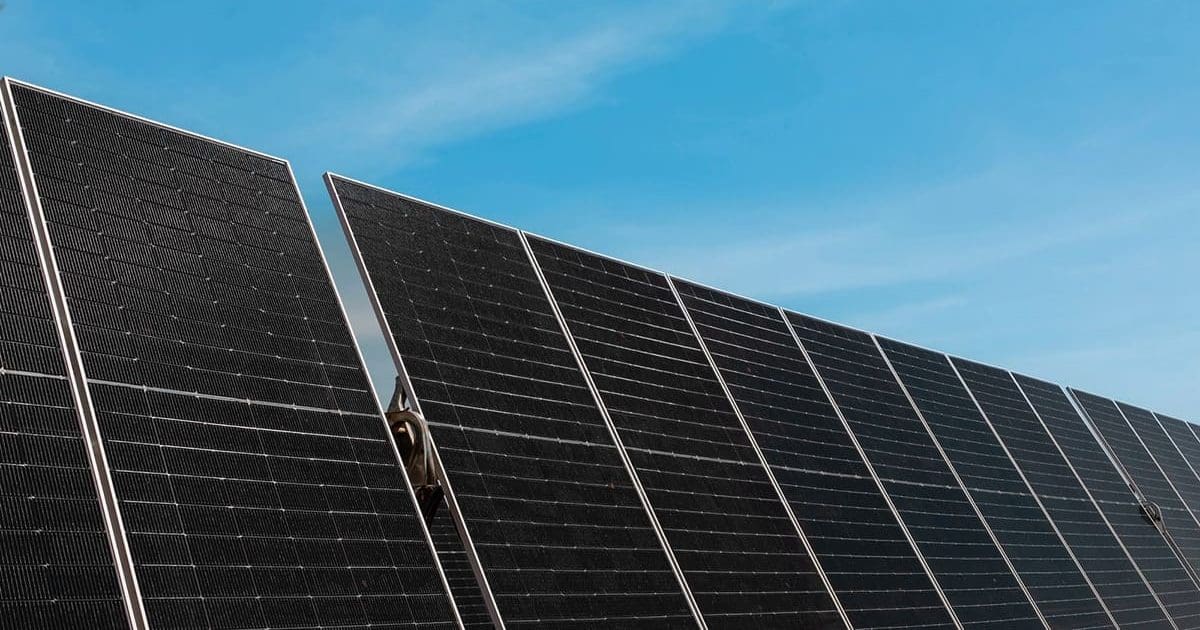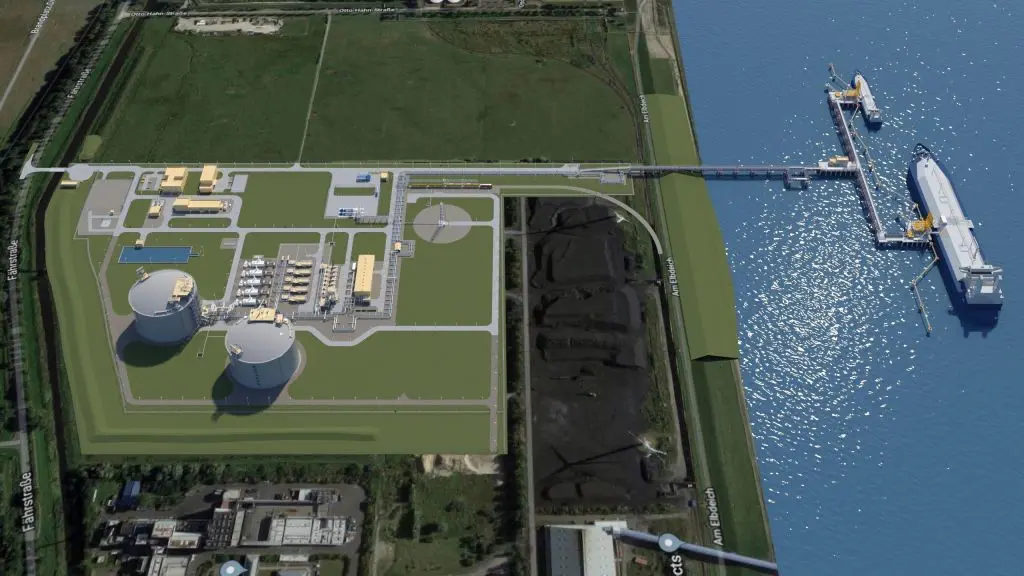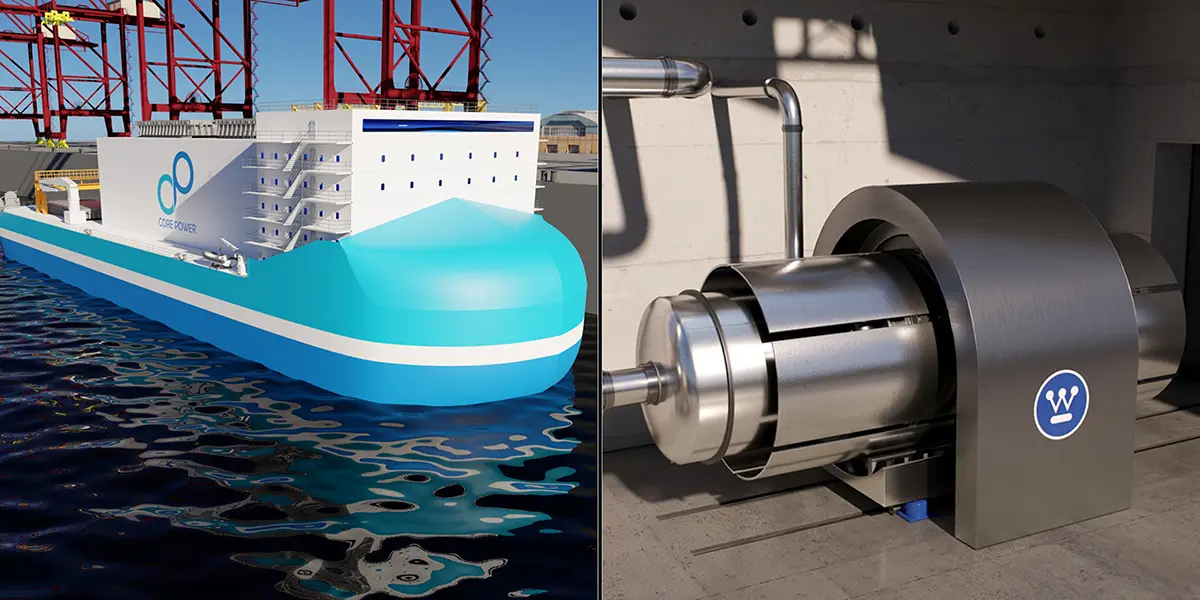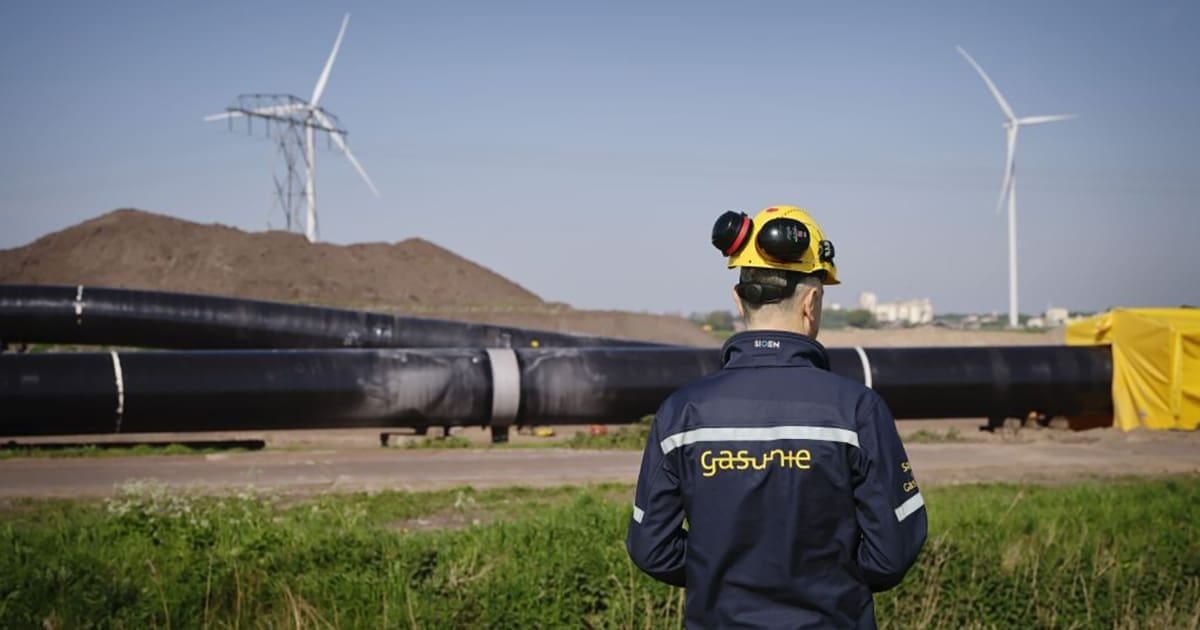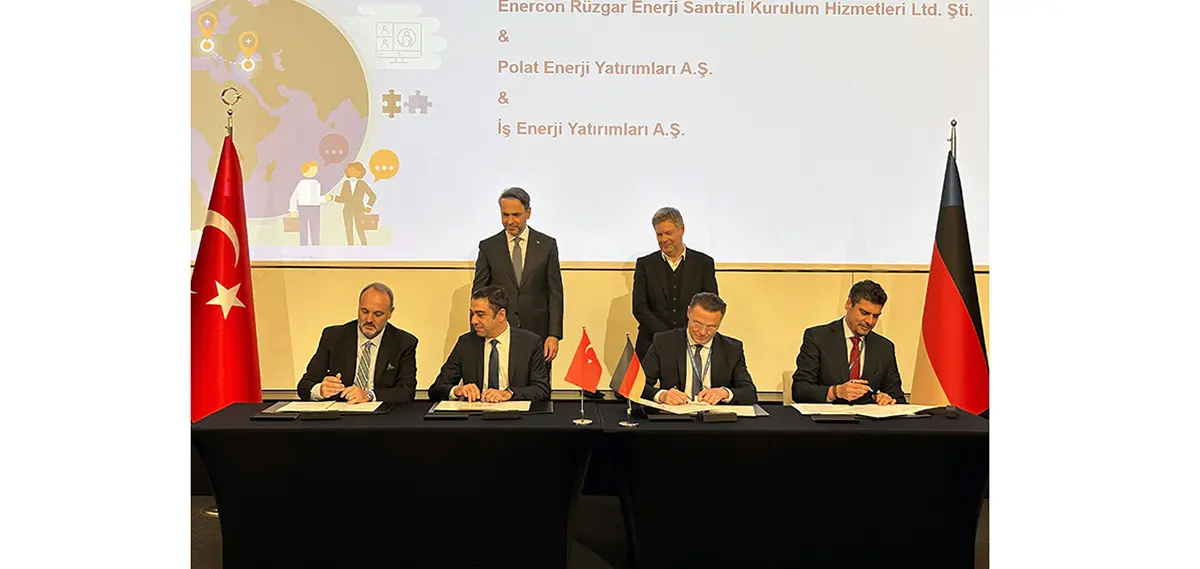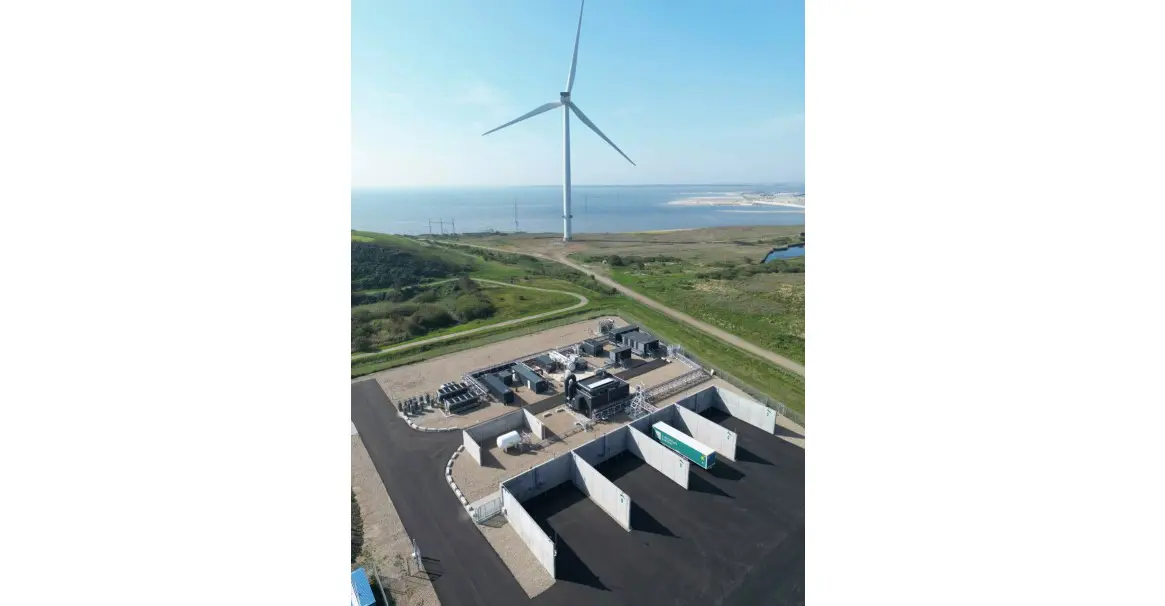
US, UK Sign Agreement At COP29 To Accelerate Advancements In Nuclear Technology
New Technologies Like Advanced Modular Reactors Can Help Decarbonize Heavy Industry By Providing Low-Carbon Heat And Power

The United States and the United Kingdom joined forces at COP29 to speed up the deployment of nuclear technology to help decarbonize industry and boost energy security. The UK energy secretary Ed Miliband and US deputy secretary of energy David Turk signed a new agreement on November 18 while in Baku, Azerbaijan for climate talks that will help pool together billions of dollars worth of nuclear research and development – including the world’s leading academic institutions and nuclear innovators.
The UK will take a leading role in the forum, which aims to support information-sharing on advanced nuclear technologies and make them available for use in industry by 2030.
New technologies such as advanced modular reactors can help decarbonize heavy industry such as aviation fuel, hydrogen or advanced steel production, by providing low-carbon heat and power. They are also smaller and can be made in factories, making them quicker and cheaper to build.
The agreement will support the commitment made last year at COP28 to triple nuclear energy capacity globally by 2050, with 31 countries signed up including the US and UK.
The UK is reversing a legacy of no nuclear being delivered and moving forward with its advanced nuclear reactor program and Great British Nuclear’s small modular reactor competition, as well as continuing development of the Sizewell C project. Nuclear energy has the potential to help secure thousands of good, skilled jobs, and support energy independence beyond 2030.
“Nuclear will play a vital role in our clean energy future,” said Energy Secretary Ed Miliband. “That is why we are working closely with our allies to unleash the potential of cutting-edge nuclear technology. Advanced nuclear technology will help decarbonize industry by providing low-carbon heat and power, supporting new jobs and investment here in the UK.”
As part of this new agreement, the Generation IV International Forum will no longer include Russia – ensuring future collaborations remain among mutually willing parties who respect nuclear safety norms. The new agreement will come into force from March 1, 2025.


